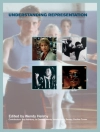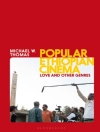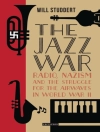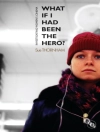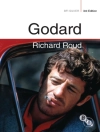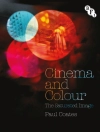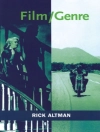These essays all—in various ways—address the relationship between adaptation, “true events, ” and cultural memory. They ask (and frequently answer) the question: how do we script stories about real events that are often still fresh in our memories and may involve living people?
True Event Adaptation: Scripting Real Lives contains essays from scholars committed to interrogating historical and current hard-hitting events, traumas, and truths through various media. Each essay goes beyond general discussion of adaptation and media to engage with the specifics of adapting true life events—addressing pertinent and controversial questions around scriptwriting, representation, ethics, memory, forms of history, and methodological interventions. Written for readers interested in how memory works on culture as well as screenwriting choices, the collection offers new perspectives on historical media and commercial media that is currently being produced, as well as on media created by the book’s contributors themselves.
Mục lục
Part I.- 1. Introduction—Scripting Real Lives, Davinia Thornley.- 2. The Study of Historical Films as Adaptation: Some Critical Reflections, Patrick Cattrysse.- 3. Waiting for the Great Swell of ‘74: John Milius and Autobiographical Self-projection in
Big Wednesday, Alfio Leotta.- 4. Making Robert Sarkies’ Film
Out of the Blue: Adaptation & Indigenization in Aotearoa New Zealand, Davinia Thornley.- Part II.- 5. When the Truth becomes Too Hard to Tell: Jocylene Saab &
Dunia (2005), Margaret Mc Veigh.- 6. Making It “Real”/“Reel”: Truth, Trauma, and American Exceptionalism in
Zero Dark Thirty, Jennifer L. Gauthier.- 7. (The Facts before) The Fiction before the Facts: Suburra from Novel (to Trial) to Feature to TV Serial, Paolo Russo.- 8. Reaching Young Audiences through Research: Using the NABC Method to Create the Norwegian Web Teenage Drama
SKAM/
Shame, Eva N. Redvall.- Part III.- 9. An Adaptation of Life: Ethnographically-grounded Fiction as a Method of Inquiry into Personal Accounts of Traumatic Events, Ester T. Roura.- 10. Writing the Screenplay for the History Film: A Case Study Featuring the Historical Figure, C.Y. O’Connor, Nadia Meneghello.
Giới thiệu về tác giả
Davinia Thornley is Senior Lecturer in Media, Film, and Communication at the University of Otago, New Zealand. She is the author of the monograph,
Cinema, Cross-Cultural Collaboration, and Criticism: Filming on an Uneven Field (2014).


